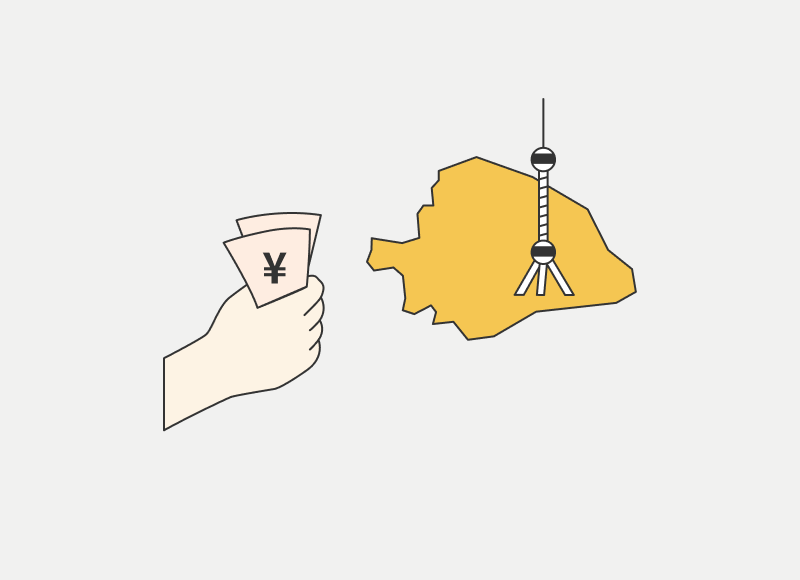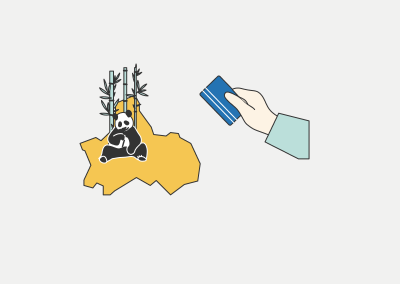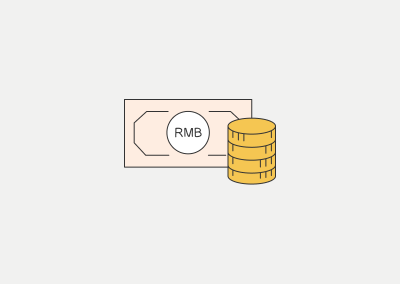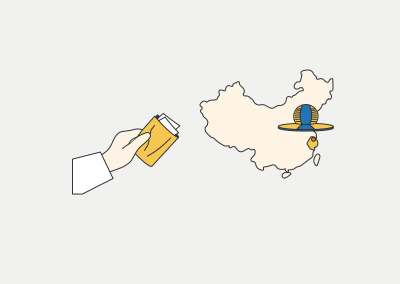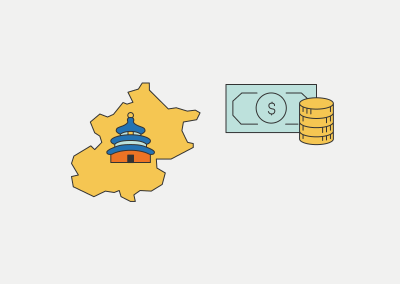Cost of Living in Shanghai
Whether you’re moving here to study, work, or simply explore, understanding the cost of living can help you budget wisely and make the most of your experience.
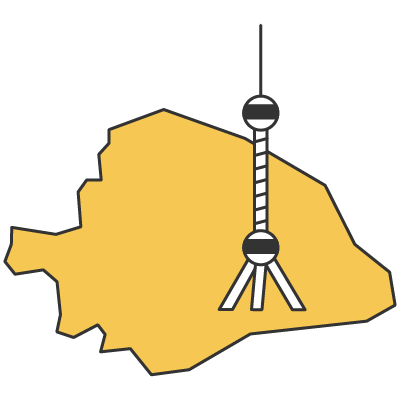
Housing

Prices can range from ¥2,000 to ¥20,000/month depending on the location, rental type, and duration of stay.
To make budgeting easier and more flexible, we’ve put together some recommended options in Shanghai tailored to how long you’ll be staying:
- Short-Term (Under 1 Month)
✅ Hotel:
Flexible, hassle-free, no utilities to manage.
- Medium-Term Stay (1–3 Months)
✅ Homestay:
Experience full cultural and language immersion by living with a Chinese family — perfect for students looking to rapidly improve their Mandarin.
✅ Serviced Apartment:
Enjoy comfort and convenience with a higher standard of living — ideal for students who prioritize privacy and quality.
- Long-Term Stay (3–6 Months)
✅ Shared Apartment:
Ideal for students on a budget.
Prices range from ¥2,000 to ¥6,000/month, depending on location, apartment type, rental period, and how you find the listing.
Once you’ve enrolled in the course, your dedicated Course Consultant will be happy to recommend several partner hotels—typically within a 10-minute walk from our schools—or connect you with trusted rental agencies.
Please checkout Wellsee or SmartShanghai to connect directly with landlords or tenants.
Feel free to contact us if you have any questions or need any advice.
Food & Groceries

Dining Out
- Meal in local restaurant: RMB 40-70/meal
- Western restaurant: RMB 80-120/meal
- Breakfast (jianbing, baozi): RMB 5-15/meal
- Coffee in Western-style cafe: RMB 15-35/cup
- Beer (bar/pub): RMB 40–80
- Water: RMB 3-4/bottle
- Fast food meal: RMB 35-50
💡If you bring your own cup (自带杯 zìdài bēi), drinks are often much cheaper
Groceries
On average, a single person might spend around RMB 1,500-3,000 per month on groceries (imports cost 2-3x more).
Grocery prices can vary depending on where you shop and your eating habits. This can be higher if you prefer imported goods or organic products.
🥕 For fresh and cheap produce, visit local wet markets, or try online shopping (网购, wǎnggòu) via apps like Hema.
Transportation
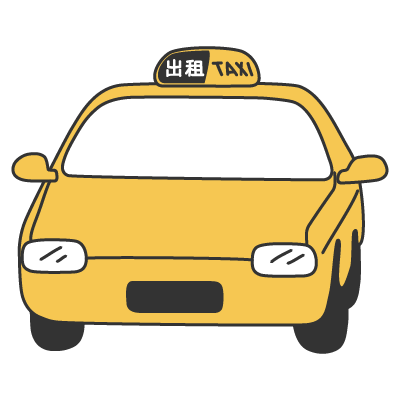
TIP: Get a Shanghai Public Transport Card for metro/bus/ferry discounts.
- Metro ride: RMB 3-8 per ride
- Monthly metro pass: ~RMB 200
- Bus ride: RMB 2-5 per ride
- Bike rental: ~RMB 20/month
Didi (from the airport to the city center): ~RMB 200-250
Local taxi: starting from RMB 14 (RMB 2.7/km)
Local taxis have a starting fare that usually covers the first 3 kilometers. After that, the meter begins to calculate the cost based on distance.
Utilities

- Electricity: ~ RMB 200-800/month (summer AC blasting)
- Water & Gas: ~RMB 100-200 for regular use.
- Internet: ~RMB 120-200/month for a decent broadband package (with speeds of 100–300 Mbps). Some apartments offer Wi-Fi included in the rent.
- Mobile phone plan: a typical plan with data, calls, and texts costs around RMB 50–100/month, depending on the carrier and package.
Leisure/Lifestyle
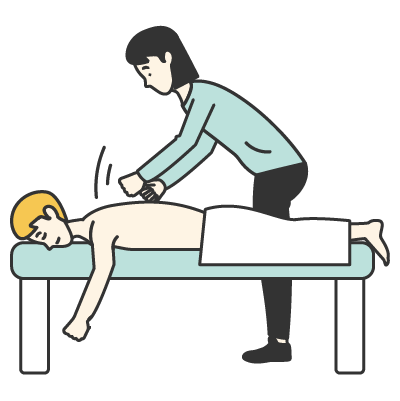
- Gym membership: ~RMB 4,000–8,000/year, (middle and high-end fitness clubs like Will’s or Tera Wellness).
- Yoga, pilates, and boutique fitness classes: ~RMB 150-200/per class.
- Movie ticket: RMB 40–70 for regular ticket, and RMB 100 for IMAX or 3D formats.
- Cocktails at bars: from RMB 60-150
- Massage: RMB 80–150/hour at local spas; RMB 300–500/hour at high-end wellness centers.
- Museums & exhibitions: ~ RMB 20–60
Monthly Budget (without rental)
Shanghai caters to all types of lifestyles — from budget-friendly fun to luxury indulgence — so you can tailor your daily life to match your interests and spending habits.
Here’s an average monthly budget scenario for a single person living in Shanghai:
RMB 5,150-8,600
Students who sign up for our Intensive Group Course will receive a free handbook — not only a course guide, but also a practical life guide for first-time arrivals in China.
In addition, we’ve just launched a new video series on NihaoGo.
Think of it as your quick digital handbook for navigating 10 essential travel scenarios — from riding the maglev train and checking in at hotels to ordering milk tea and exploring top attractions.
Start your journey with That’s Mandarin and NihaoGo — and feel confident exploring China from day one!
Let Us Help
Thinking about joining our courses? Have questions?
Reach out to us — we’re here to help!

